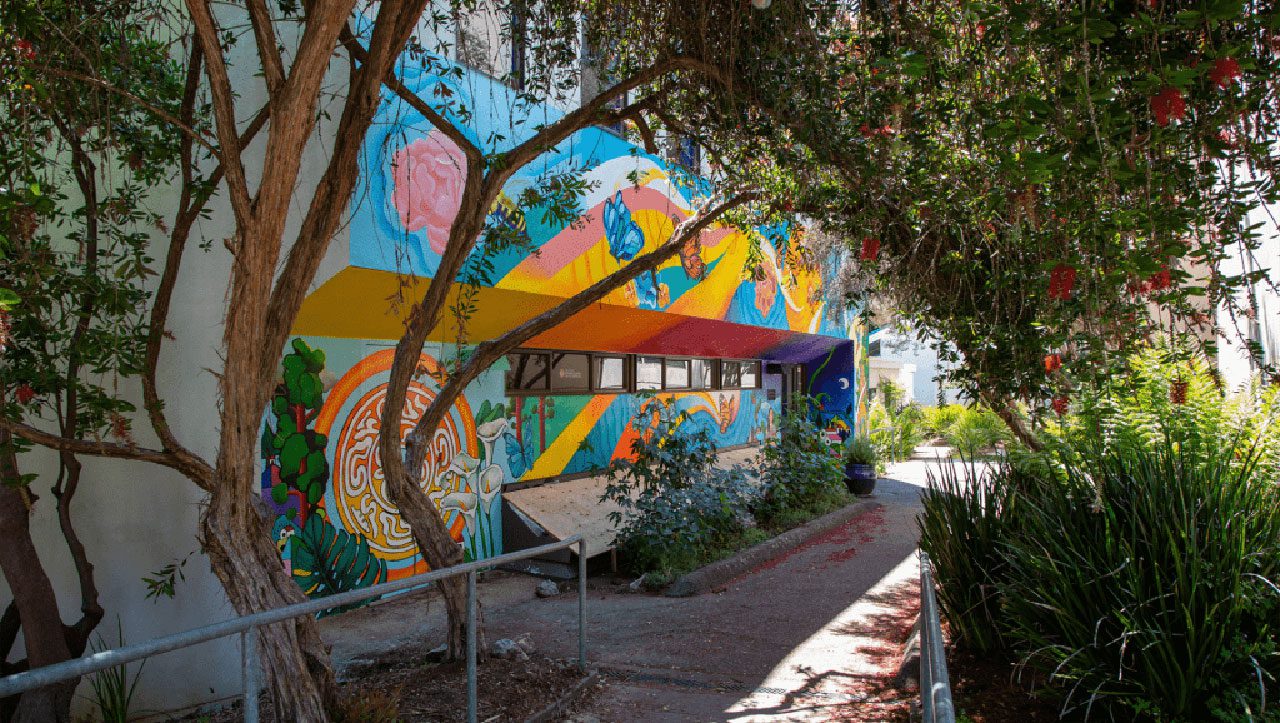OPEN CALL:2025 PhD in Visual Studies at UC Santa Cruz
 The University of California at Santa Cruz is pleased to announce the call for applications for our PhD program in Visual Studies. Applications are welcomed October 1–December 12, 2024 for our cohort entering in September 2025.
The University of California at Santa Cruz is pleased to announce the call for applications for our PhD program in Visual Studies. Applications are welcomed October 1–December 12, 2024 for our cohort entering in September 2025.
The PhD in Visual Studies is designed to prepare students for advanced academic and professional careers in the arts. Our faculty expertise spans historical and contemporary perspectives with global reach, including North America, Latin America, the Indigenous Americas, Asia, Europe, the Mediterranean, the Pacific Islands, Africa and its diaspora, and the Middle East. The department offers a broad scope of theoretical and methodological approaches, and experienced supervision for doctoral students researching these areas.
Our program, located within UCSC’s Department of History of Art and Visual Culture, emphasizes the role of social, political, and cultural forces in shaping visual experience, cultural production, and the arts. Areas of particular concern include aesthetic theories, environmental, social, and racial justice, queer and gender studies, colonial and decolonial visual culture, Anthropocene and Indigenous studies, gender and feminist analysis. Our faculty and students study multiple visual-cultural forms and media, from photography and video to digital art and cybernetic data, from painting, sculpture, and architecture to illuminated manuscripts, performance, and ritual, and from material culture, bodily adornment, and social movement activism to popular entertainment, advertising, and design. Our PhD program is particularly strong in comparative studies with historical and geographical expansiveness, examining significant differences in how disparate cultural groups engage, shape, and interpret their multisensory worlds in which the visual interacts with the haptic, performative, sonic, and spatial.
In exploring diverse cultural perspectives across time and space, our students cultivate the necessary skills, knowledge, and expertise—including those of archival analysis, site-specific research, live interview, and digital humanities techniques—in order to excel in academic, curatorial, publishing, and other related professional careers.
Core Visual Studies faculty and their areas of research include: Carolyn Dean (performance, costume, and nonresemblant artifacts in Pre- Hispanic and Colonial Spanish America); T. J. Demos (contemporary art, activism, and visual culture, radical politics and social justice, decolonization, abolition, and political ecology); Maria Evangelatou (gender, politics and religion in Byzantine art and visual culture); Nicole Furtado (Indigenous futurisms, Oceanic digital art, virtual art, science and technology studies, cyberfeminisms, Indigenous virtual reality/AI, speculative aesthetics, digital ontologies, performance theory, affect, and ephemera); Jennifer González (contemporary art, installation and activist art, theories of race and representation, digital art); Stacy Kamehiro (identity politics and colonial histories in Oceania); Yi Yi Mon (Rosaline) Kyo (art and visual cultures of modern and contemporary Tibet and China, visual construction of race, ethnicity, and gender in Asia, art of the Tibetan diaspora, history and theories of propaganda, socialist art and visual cultures, politics of spatial construction in colonial contexts); Boreth Ly (trauma, gender and sexuality in Southeast Asia and its Diaspora); Derek Conrad Murray (theory and criticism of contemporary art, cultural theory, identity and representation, art of the African diaspora, popular visual culture); Albert Narath (modern and contemporary architecture and design; environmental history, theories of technology, historiography of modernism, anthropology and architecture); Kyle Parry (digital media and visual culture; art, documentary, and disaster; memory and politics; archival theory and practice; data, technology, and environment; history and theory of photography; critical media practice); and Kailani Polzak (art and visual culture in eighteenth- and nineteenth-century Europe; visual constructions of race; material cultures of empire and colonialism; natural history illustration; histories of print production and circulation).
For more information about the program, its faculty and the application requirements, as well as on our recent PhD dissertations and alumni professional placements, please see our website and contact our Graduate Program Coordinator, Ruby Lipsenthal at visualstudies@ucsc.edu.
